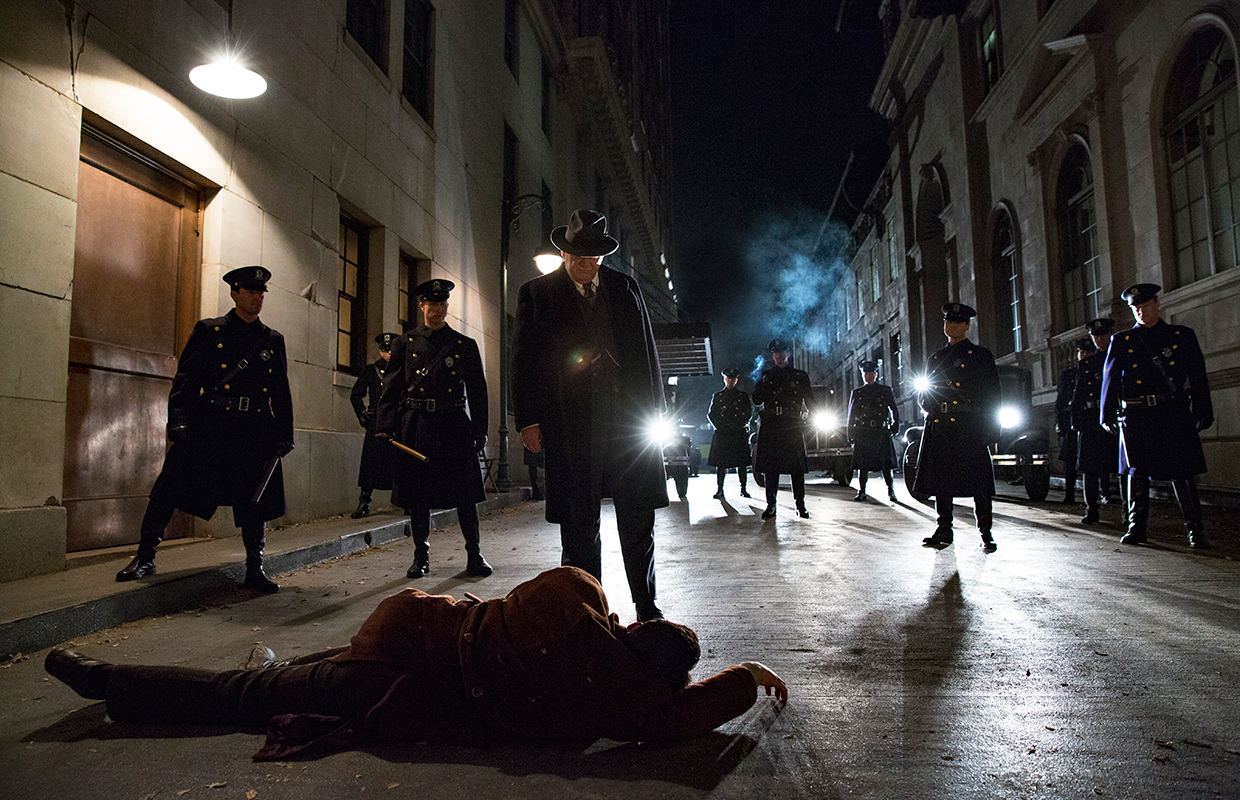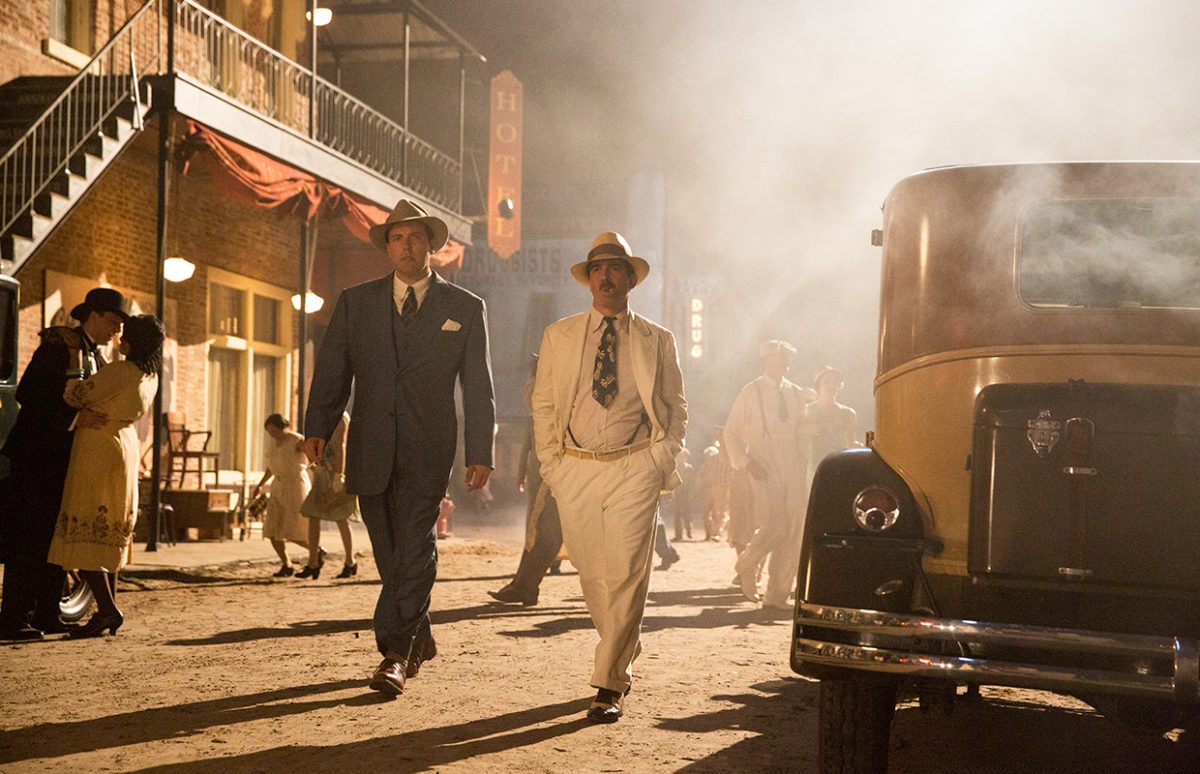Ben Affleck's latest film is a return to a classic film genre: the gangster movie set during Prohibition-era U.S.A.
Live By Night is actor Ben Affleck's fourth film as a director, and the second to be adapted from a novel by Boston crime writer Dennis Lehane. His last film, Argo, won the best picture Oscar in 2012. Affleck also stars in the new film, as Joe Coughlin, son of the Police Deputy Superintendent in 1920s Boston, who definitely doesn't follow in his father's footsteps. Conscripted into WWI, he returns home with a hate of the system and determination to live by his own rules. Along the way he works for Irish gangsters, has an affair with the mob boss's wife (which ends badly) and goes to work for the opposition, the Italian Mafia, in Florida. He is in charge of illegally importing rum from Cuba to fuel Prohibition America's taste for alcohol.
Illicit Rum and Organised Crime
The sale and production of alcohol was banned by the 18th amendment to the U.S. Constitution, which went into effect in January 1920. It was seen as a victory for the temperance movement, which believed that alcohol was the cause of many social ills, from domestic violence to industrial accidents, endemic working-class poverty and reduced productivity. If working men didn't spend their pay packets in saloons and roll home drunk to hit their wives and children, the temperance advocates argued, they could work harder, and provide a better, healthier lifestyle for their families.
The reality was that Prohibition didn't stop the consumption of alcohol. It just pushed it underground. At least when alcohol was legal, the authorities could exercise control over the quality and distribution, and obtain tax revenue to offset costs such as health problems. When it was illegal, the customers of speakeasy bars and "rum runners" had no idea what was in the bottles they bought, or the sanitary conditions it had been produced in. The government lost $11 billion in tax revenue during Prohibition, and spent $300 trying fruitlessly to enforce the law. Organised crime gangs stayed a step ahead of the enforcers, exploiting loopholes in the law, corrupting officials or simply using violence to achieve its objectives.
In December 1933, the 21st Amendment to the Constitution repealed Prohibition nationally. However, to this day there are "dry" cities and counties in the U.S.A. Sales of alcohol are still illegal in parts of nine states.
Gangster Movies
 The gangster genre is as old as Prohibition itself. The original version of Scarface was released in 1932, when Prohibition was still in force. It had taken director Howard Hawks more than a year to persuade the Censorship boards to release the film, which had to be prefaced with the warning, "This picture is an indictment of gang rule in America and of the callous indifference of the government to this constantly increasing menace to our safety and our liberty. Every incident in this picture is the reproduction of an actual occurrence, and the purpose of this picture is to demand of the government: ‘What are you going to do about it?’"
The gangster genre is as old as Prohibition itself. The original version of Scarface was released in 1932, when Prohibition was still in force. It had taken director Howard Hawks more than a year to persuade the Censorship boards to release the film, which had to be prefaced with the warning, "This picture is an indictment of gang rule in America and of the callous indifference of the government to this constantly increasing menace to our safety and our liberty. Every incident in this picture is the reproduction of an actual occurrence, and the purpose of this picture is to demand of the government: ‘What are you going to do about it?’"
There iss the predicament of all gangster movies, from The Godfather to Bonnie and Clyde: how do you make a criminal the hero of your film without condoning criminal activities?
Live By Night
On general release
Copyright(s) :
Claire Folger/Warner Bros





